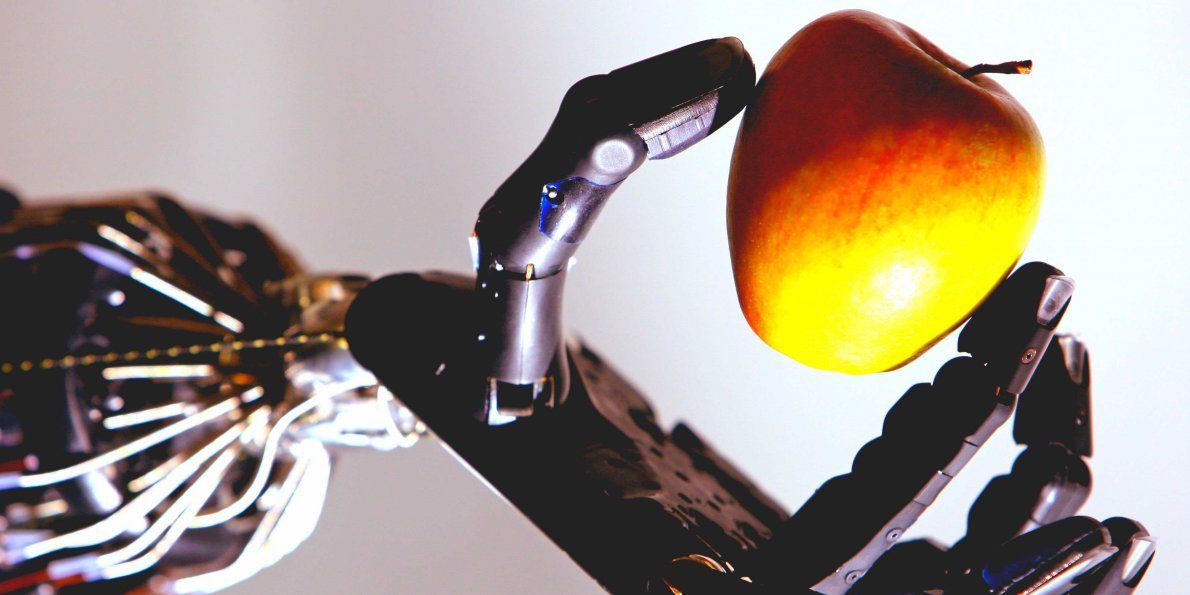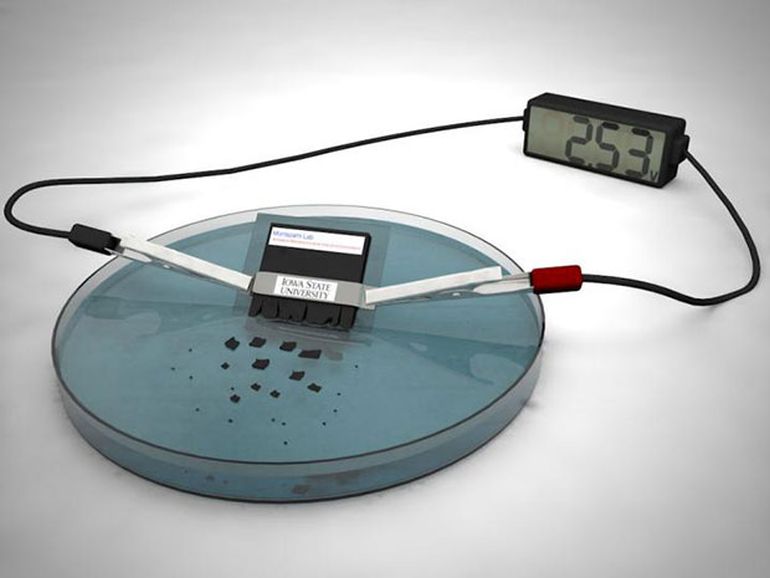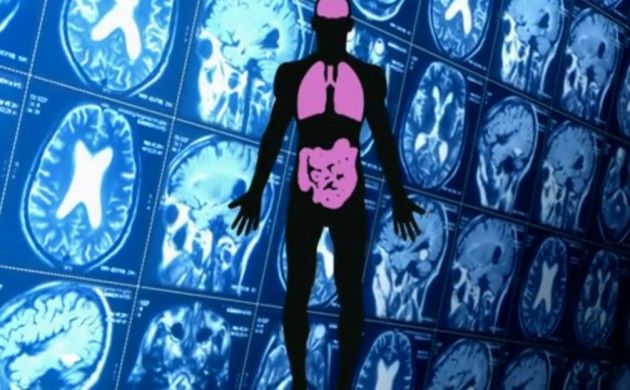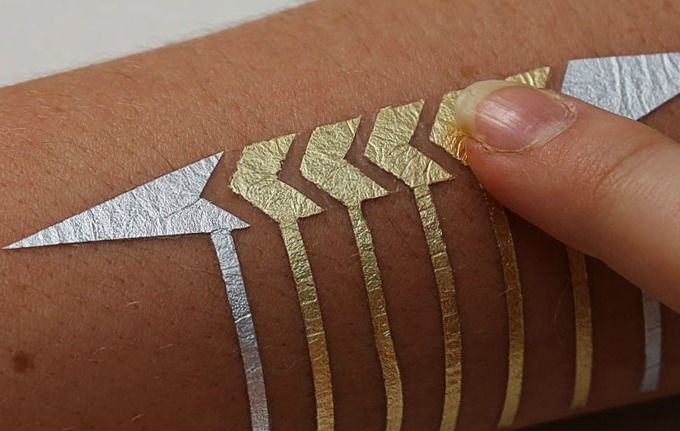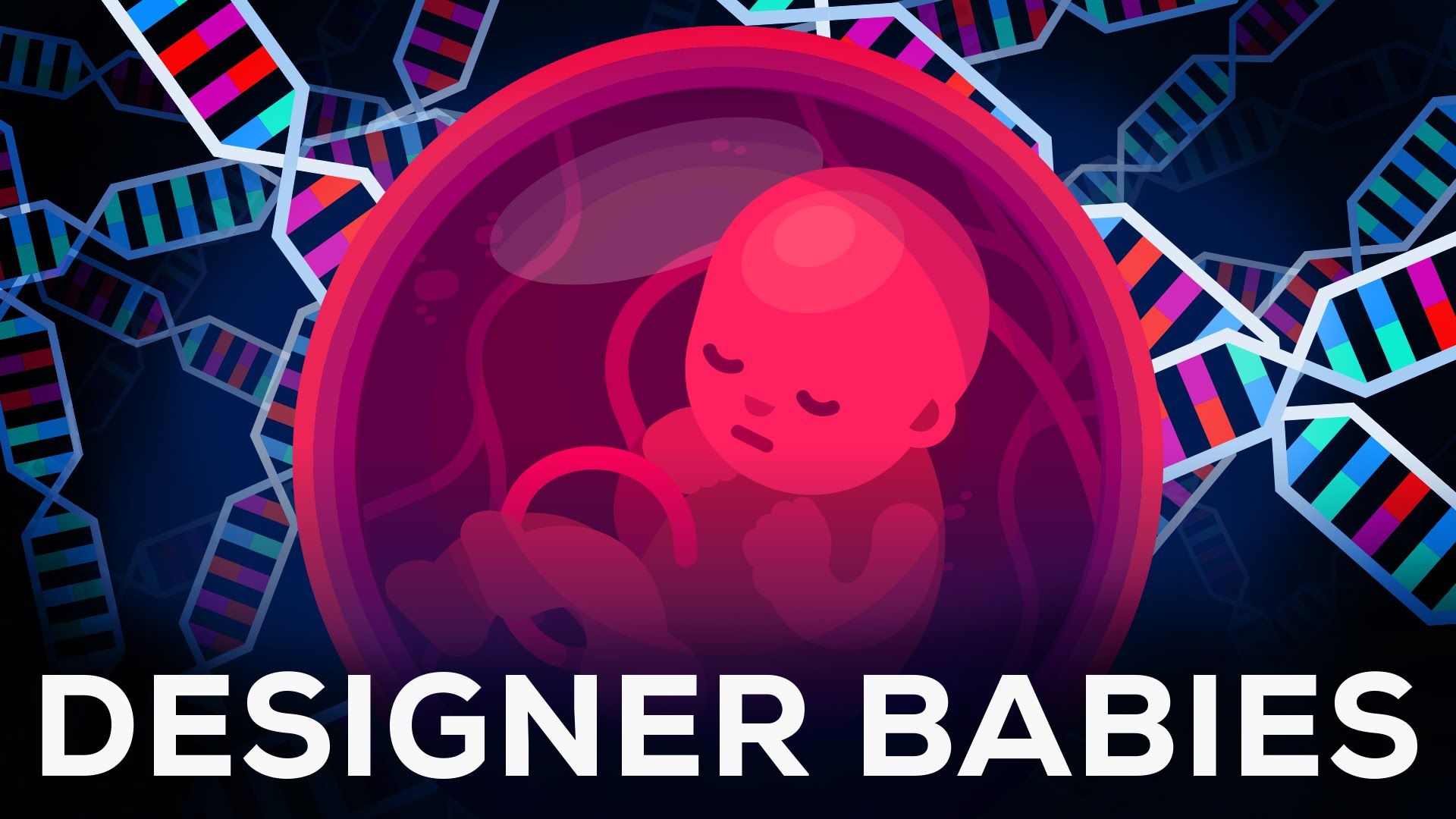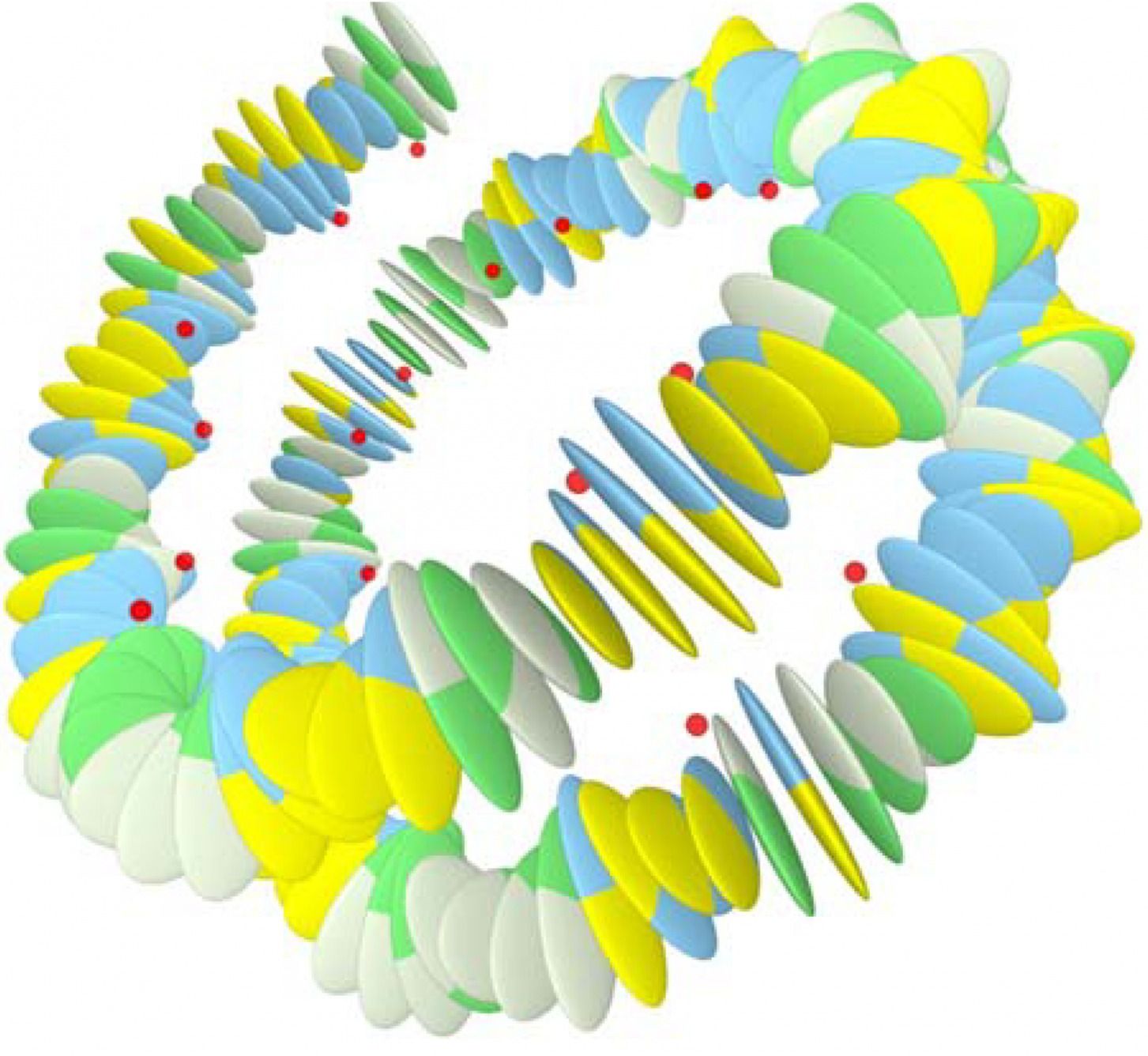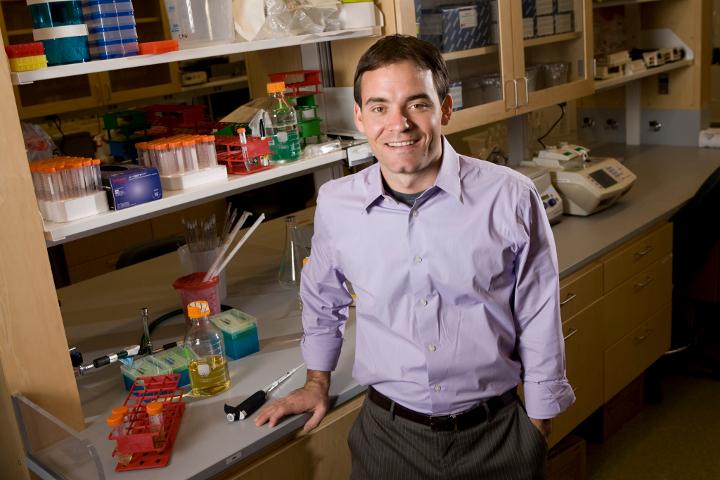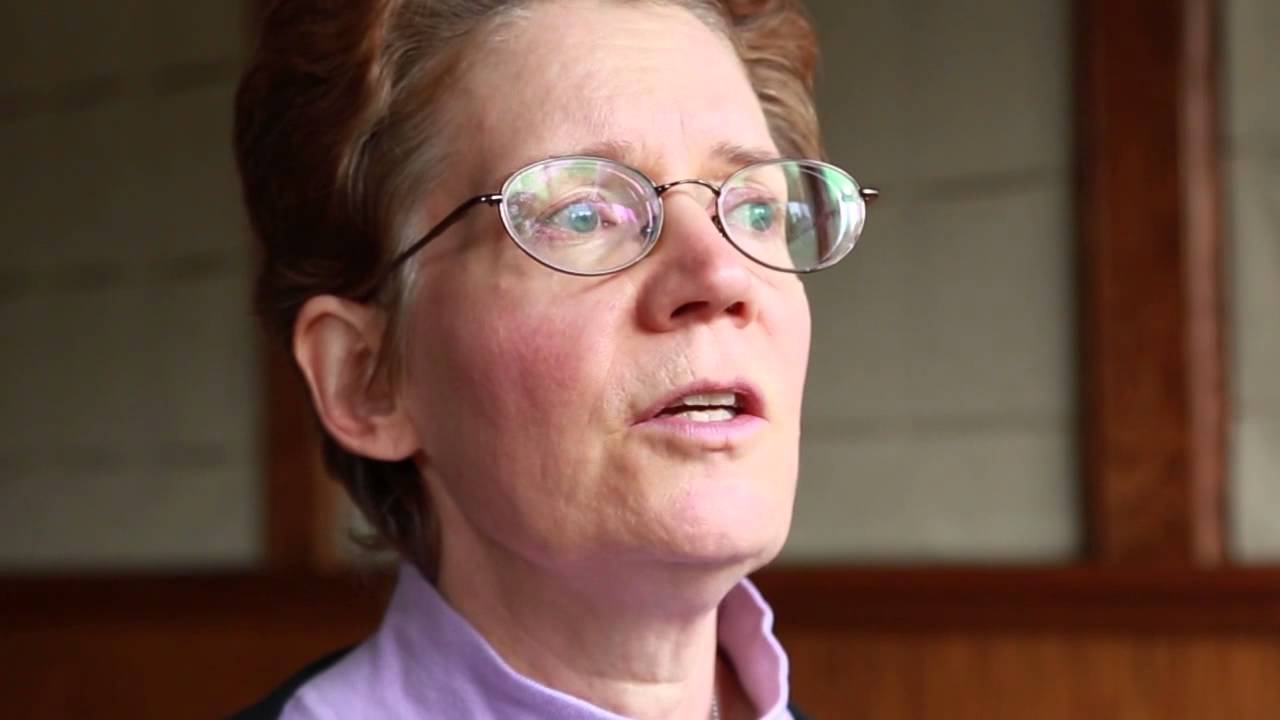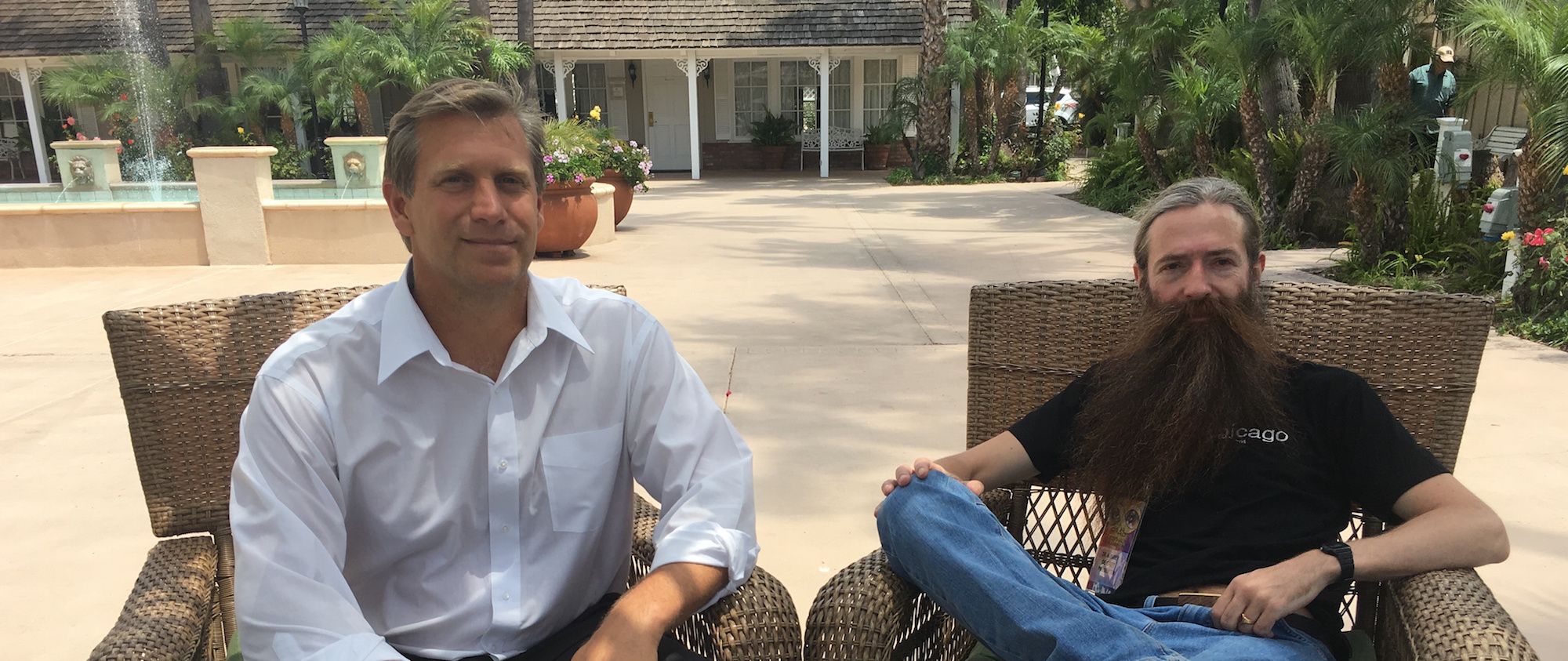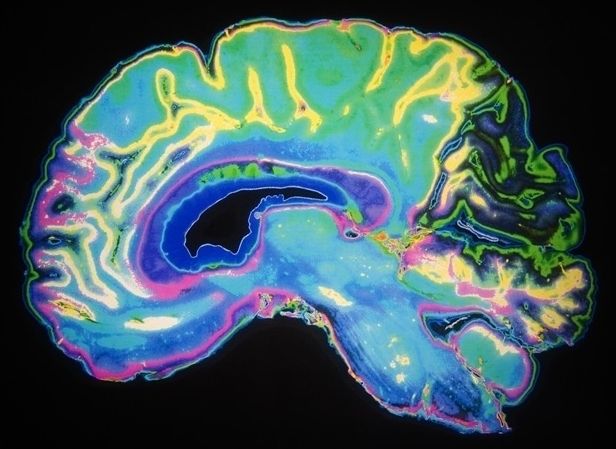Like this article; there is 2 more pieces missing from the roadmap for 2010 & beyond and that is Biocomputing & Singularity. Biocomputing will provide the financial industry (banks, trading firms, accounting & audit firms, bond insurers, etc.) the ability to expand information/ data storage and transmission capacities like we have never see before just look at what Microsoft, Google, Amazon, etc. have done with DNA storage. And, the much loved Singularity enables boosting of knowledge and insights as well as more mobility and access to information as they need it. BTW — Biometrics is NOT the same as Biocomputing; biocomputing goes well beyond security/ identity management.
The influential non-profit rates these technologies alongside the PC, the internet, and smartphones in terms of their potential to transform financial…
